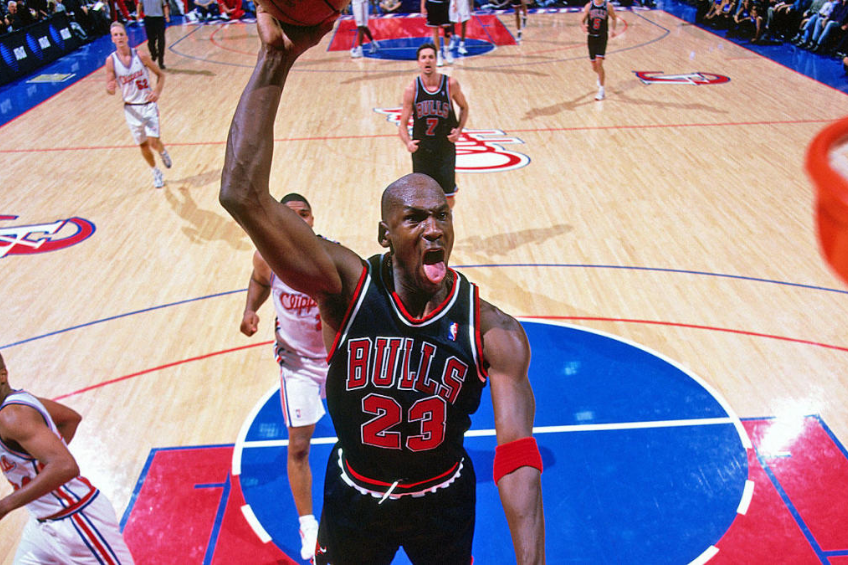Does Your Baby or Child Have a Muscle Tone Issue?
/
Each baby that is born is a gift from G d and unique in his or her individuality. Some infants are born alert with their eyes wide open and have their parents bragging that he or she smiles already (we know better – it’s only gas.) Other babies seem more sluggish at birth with not only their head floppy but their limbs as well. Although a new parent will welcome the fact that their new infant sleeps almost around the clock, at the same time too much sleeping will get them nervous.

Going down the birth canal can be a strenuous journey for your infant and if there is a lack of oxygen at any time his or her muscle tone can be compromised. These symptoms can be identified by specific testing and if necessary addresses by physical therapy.
At a certain point in the baby’s progress a parent looks for the baby’s corresponding look into his or her parent’s eyes. The following are just some of the worries that parents have when their baby is not responding as much as they would like. For example at approximately three months of age some babies will make their feet rigid when you stand them on your lap. Other babies can hold your fingers tight and make a strong fist. All these movements have to do with muscle tone.
Loose muscle tone is called hypotonicity and tight muscle tone is called “hypertonicity”. Neither extreme is good but usually an infant will grow stronger as it gets older and many a time no therapy will be necessary.
When Hypertonicity is Present in an Infant’s Neck
Sometimes a baby has difficulty turning its head from one side to the other. It could favor one side and seem to be looking one way. A version of this condition is called torticollis and this must be addressed with physical therapy. Also called, “wryneck”, this condition causes the muscles of the neck to tilt down. Please refer to the above link for more information about this condition.
When an infant has stiffness and too much muscle tone especially in their neck, arms and legs it will be difficult for the baby to move properly. It is important to have good muscle tone for good posture but when a baby or person has extreme muscle tone they move in a very stiff manner causing poor balance, trouble with walking and even eating or grabbing at objects. There are two types of hypertonia, dystonic hypertonia and spastic hypertonia.
Dystonic hypertonia- causes a rigidity in the muscles and decreases flexibility while moving. Spastic hypertonia- presents itself as overreaction of the muscles to movement causing overreaction of reflexes. The reasons that this condition occurs are multiple from head injuries to difficulty at birth. In any case, there is a breakdown in the communication between the brain and the spinal cord. With hypertonicity the muscle tone is too stiff and the brain cannot tell the nerves to let the muscles relax.
When Hypotonicity is Present in Infants
Of the two muscle conditions, hypertonicity and hypotonicity, the second is more common than the first. If it is present on its own and not because of other problems it is called benign congenital hypotonia.
There are many babies born with poor muscle tone who grow out of it on their own. One of my grandchildren’s legs were wobbly any time I tried to stand her up on my lap. This condition lasted through a great part of her infancy. Thank goodness she ended up walking normally and did not need any therapy, although probably today ( this was over twenty years ago) doctors would have recommended physical therapy. Do you know how a floppy rag doll feels? This is how an infant with poor muscle tone presents. Now how bad is it? Time will tell soon enough. There are normal time frames when developmental milestones occur in infants such as how high and steady the baby holds its head especially during tummy time. The activity of tummy time can be challenging in babies with poor muscle tone since it is difficult for any baby to hold up its head in the beginning, how much more so with a rag doll baby. Some babies who have poor muscle tone also have trouble sucking or chewing. In most cases this condition lessens but might present itself in walking delay and mouth and tongue hanging.

I read a sad story about a fifth grade elementary school boy who was getting in trouble every day in class. Although he was a bright boy his teacher was constantly complaining about his behavior. When asked by his parents for a description of his misbehavior the teacher answered that he slouches in his chair even after the teacher has asked him repeatedly to sit up straight. He was recommended to a psychologist for a diagnosis since the boy was becoming angrier and more frustrated by being constantly reprimanded by his teacher. His teacher interpreted his slouching as a lack of respect. The psychologist saw exactly what the teacher was complaining about, the boy was slouching in his chair in his office as well. However, there was another behavior that this sharp professional detected and that was that the boy’s mouth was constantly open.
The psychologist was aware that there could be two reasons why the boy’s mouth was open, one he could not breath through his nose, was a mouth breather and needed to be seen by an ENT or two he had low muscle tone. He diagnosed this boy with the second issue, low muscle tone. This boy could not sit up straight for long periods of time, it was just too hard. Interestingly, muscle tone has little to do with strength and how athletic someone is. There are professional game winning athletes such as Michael Jordan who have low muscle tone and that is why his tongue will often hang out of his mouth while he plays.( A speech therapist will be able to help with such issues as open mouth and tongue hanging when a breathing issue is ruled out. This therapy should be starting at a young age.) Who else with low muscle tone makes a good athlete? The answer is dancers who must be very flexible and therefore they can very well have low muscle tone.
What type of athlete would fit into the spectrum of acute muscle tone? The answer is professional swimmers who can keep up the pace with rigidity and stiffness while suffering from hypertonicity or tight muscles.

So the boy in our story was not acting out by slouching. Nor was he doing it out of lack of respect. He simply found it outright difficult if not impossible to sit up straight for extended periods of time since he was suffering from hypotonicity. This poor boy did not need a psychologist but a physical therapist desperately.
Hypotonicity Can be Compared to Learning Disabilities in Students
Most teachers today are aware of some brain dysfunctions which cause learning disabilities such as attention-deficit-disorder, dyslexia and dysgraphia ( problems with writing). Some teachers get special training to detect these symptoms early on sometimes as early as preschool. However, a child who has trouble sitting in their seat might not be overactive and not have ADD but might have hypotonicity. How many teachers today know the meaning of this word? How many teachers would give the boy in our story the benefit of the doubt that there was something physically wrong with him and he was not acting out of disrespect?
For those who are interested in hearing what happened to the boy in the story I am happy to report that it did not take that much time for a personal trainer to help him strengthen his core muscles. Now he needs lots of help and understanding from the school staff to get his reputation muscles back to normal. It will take a bit longer to erase the label, “troublemaker” from his reputation.
(Please be aware that there are more serious medical conditions associated with hypotonicity and hypertonicity however they are subjects for another time.)
Final Words
Each and everyone of us was created uniquely by G-d. Each child has certain strengths and certain weaknesses. When an infant is born, the hospital will give him or her an overall rating and hopefully this baby will be in the “normal range” . Even in the normal range there can be certain obstacles that have to be dealt with whether the baby is being too stiff or too floppy.
Some of these problems get better by themselves and others need physical therapy intervention. If a parent notices something that they think is out of normal range it is imperative to check it out with the appropriate professional. Cranial therapy specialists deal with more than just flat heads and if your baby has either too much stiffness in its neck or too little muscle tone then a cranial special may be a good place to start. Then stories such as the slouchy fifth grade boy could be avoided if therapeutic intervention is starting during infancy.

Cranial Therapy Centers is the only early interventions cranial center in the United States which provides both helmet and manual therapy treatment. We are American Board for Certification in Orthotics, Prosthetics and Pedorthics Facility. Visit us in Lakewood NJ, at 1352 River Ave Unit 14, Lakewood NJ, 08701 or in Teaneck NJ at 1086 Teaneck Road Suite 3F, Teaneck, NJ 07666. You can also email us info@cranialtherapycenters.com
